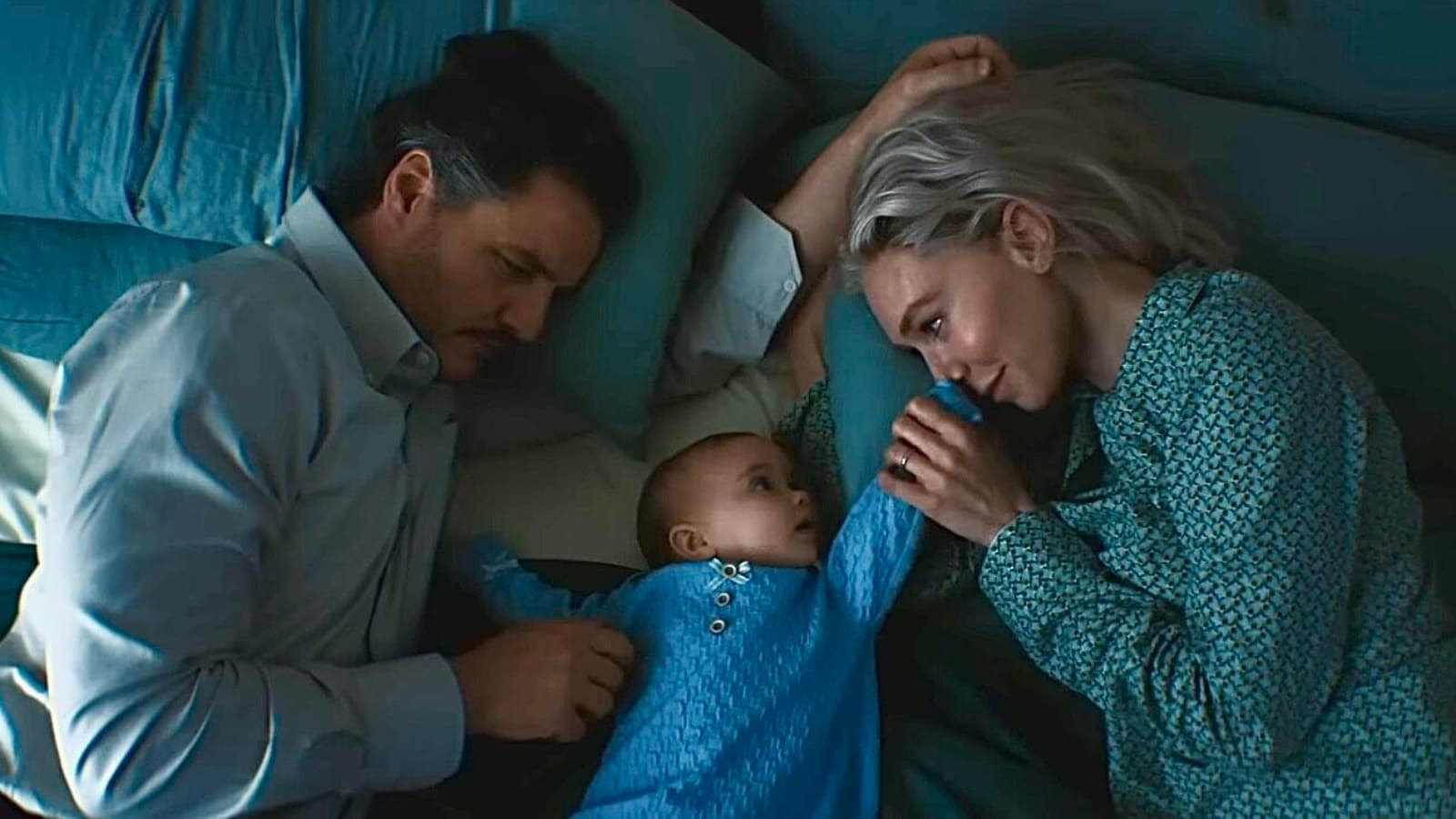'Jane Austen Wrecked My Life' review: A romantic comedy about love, literature, and the fear of writing
Laura Piani’s directorial debut, Jane Austen Wrecked My Life, is a refreshing entry in the world of romantic comedies that speaks to the emotional chaos of both love and literary ambition. With a keen sense of wit and a modern appreciation for Austenian tradition, the film follows aspiring writer Agathe, portrayed with irresistible charm by Camille Rutherford, as she navigates the unpredictable territory of romance, creativity, and self-doubt.
Pierre Mazoyer
Agathe, a quiet yet passionate bookseller living in Paris, dreams of becoming a novelist but hides her writing from the world. Her only confidant, Felix (Pablo Pauly), discovers her talent and secretly applies to a prestigious Jane Austen-themed writing residency in England. When she is unexpectedly accepted, Agathe's journey begins—not just to the English coast, but toward self-reinvention.
Laura Piani constructs a world where the power of literature and the fear of failure collide in an evocative setting that honors Austen without becoming a pastiche. Her protagonist, awkward yet sincere, echoes the emotional vulnerability of classic heroines like Bridget Jones and Jo March. Agathe’s struggle is not merely romantic; it's artistic. Scenes of her procrastinating, reflecting, and freezing before the blank page provide a realistic portrayal of creative paralysis—a rare and welcome departure from the often glamorized depiction of artistic inspiration.
A literary thread runs through every interaction Agathe has, especially once she arrives at the residency. Housed in a picturesque estate by the sea, the retreat welcomes writers of all disciplines, but Agathe's quiet resistance to opening up sets her apart. The story takes a familiar romantic arc, yet with enough intellectual and emotional complexity to keep genre fatigue at bay.
Tension surfaces when Agathe meets Oliver (Charlie Anson), a distant relative of Austen and one of the retreat’s managers. Their first encounter is less than cordial. Oliver, a university lecturer, provocatively dismisses Austen's work as overrated—an opinion Agathe, a die-hard fan, refuses to accept. This clash of perspectives introduces a compelling undercurrent: literary gatekeeping and the persistent dismissal of women’s writing as light or unserious. Piani handles this theme with grace, weaving it into the romantic and professional stakes that drive Agathe’s development.
Rom-com conventions are skillfully employed, but Piani avoids clichés by grounding the narrative in emotional truth. The rivalry-turned-romance between Agathe and Oliver unfolds slowly and believably. Meanwhile, Felix lingers as a potential suitor, his playful friendship with Agathe tinged with the possibility of something more. These love interests never overshadow the protagonist’s central relationship—with her writing.
Much of the film’s charm comes from its aesthetic decisions. Cinematographer Pierre Mazoyer bathes the English countryside in soft light and warm hues, creating an atmosphere that feels both nostalgic and contemporary. Interior shots of the residency are filled with floral wallpapers, antique furniture, and stacks of books—a writer’s dreamscape. The setting becomes a character of its own, reinforcing the theme of escapism through both storytelling and place.
Music by Peter Von Poehl adds a delicate emotional layer. The score underlines Agathe’s transitions—from self-doubt to self-assertion, from isolation to intimacy—without overplaying the sentimentality. This restraint is one of Piani’s strengths. Even in the most romantic moments, she never loses sight of the inner life of her characters.
A standout scene occurs when Agathe confronts her fear of not being good enough. Surrounded by confident, published peers, she questions whether she truly belongs at the retreat. These moments of vulnerability are vital. They remind viewers that success is not simply about talent, but courage—the courage to be seen, heard, and understood.
Thematically, Jane Austen Wrecked My Life resonates with anyone who has ever second-guessed their voice or doubted their worth. Piani subtly incorporates Agathe’s personal grief into the narrative, providing deeper emotional stakes and anchoring the romantic plotline in a broader journey of healing and self-acceptance.
Performances across the board elevate the film’s emotional core. Camille Rutherford shines as Agathe, balancing awkward humor with introspective strength. Charlie Anson brings unexpected warmth to the initially aloof Oliver, while Pablo Pauly’s Felix adds levity without caricature. Their chemistry ensures that the audience remains invested in Agathe’s choices—romantic and creative alike.
Few romantic comedies give equal weight to personal ambition and emotional connection. Piani’s screenplay does both. Rather than positioning love as the solution to all problems, Jane Austen Wrecked My Life argues that fulfillment comes from embracing both passion and purpose.
This film won’t upend the romantic comedy genre, but it doesn’t need to. Its strength lies in its emotional honesty, its literary reverence, and its clear affection for complex, creative women. Laura Piani has crafted a debut that feels both familiar and new—a charming meditation on art, love, and the difficulty of finding one’s voice in a noisy world.
Agathe’s final moments onscreen suggest not just a romantic resolution, but a creative breakthrough. The blank page no longer terrifies her. It invites her.










